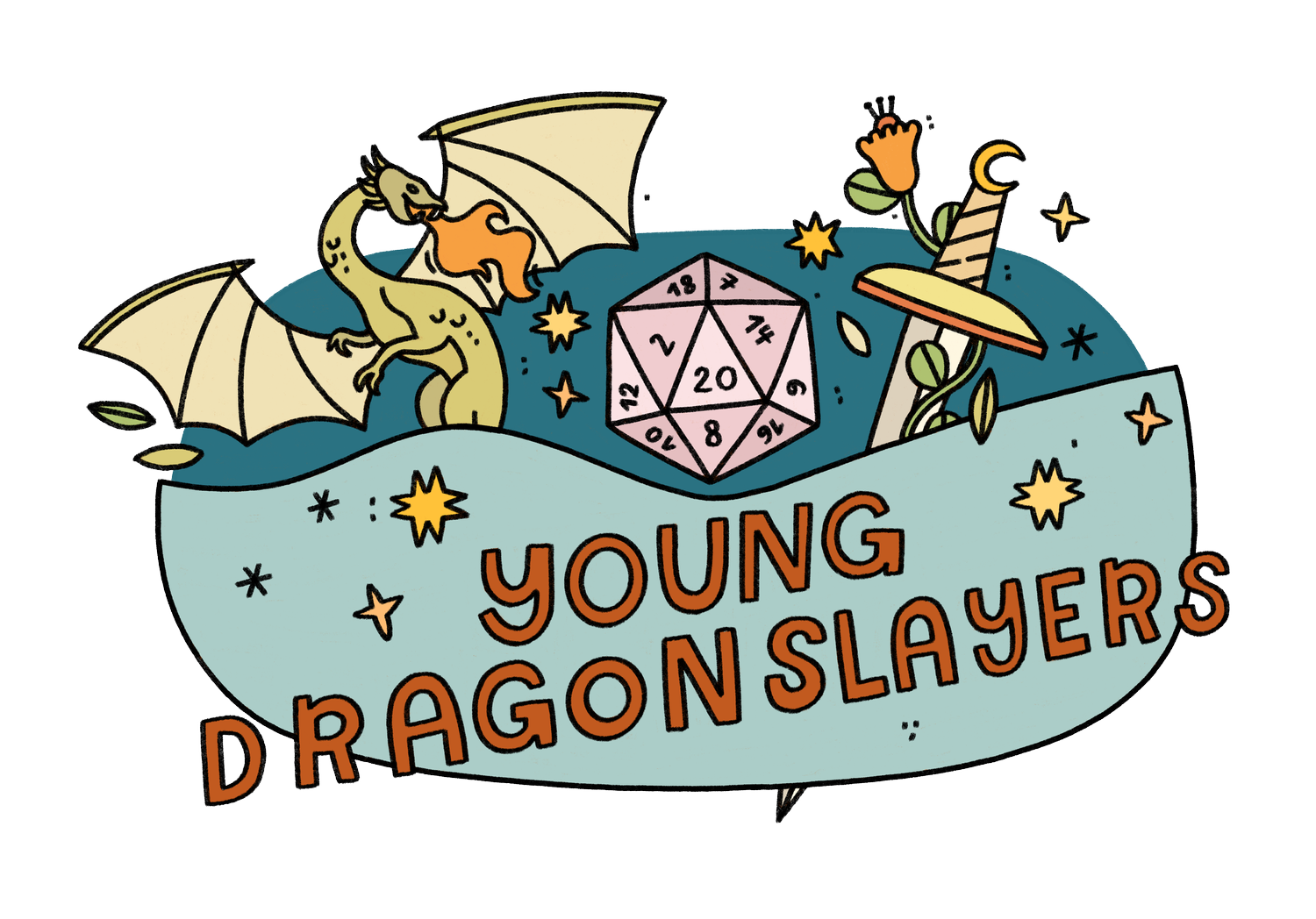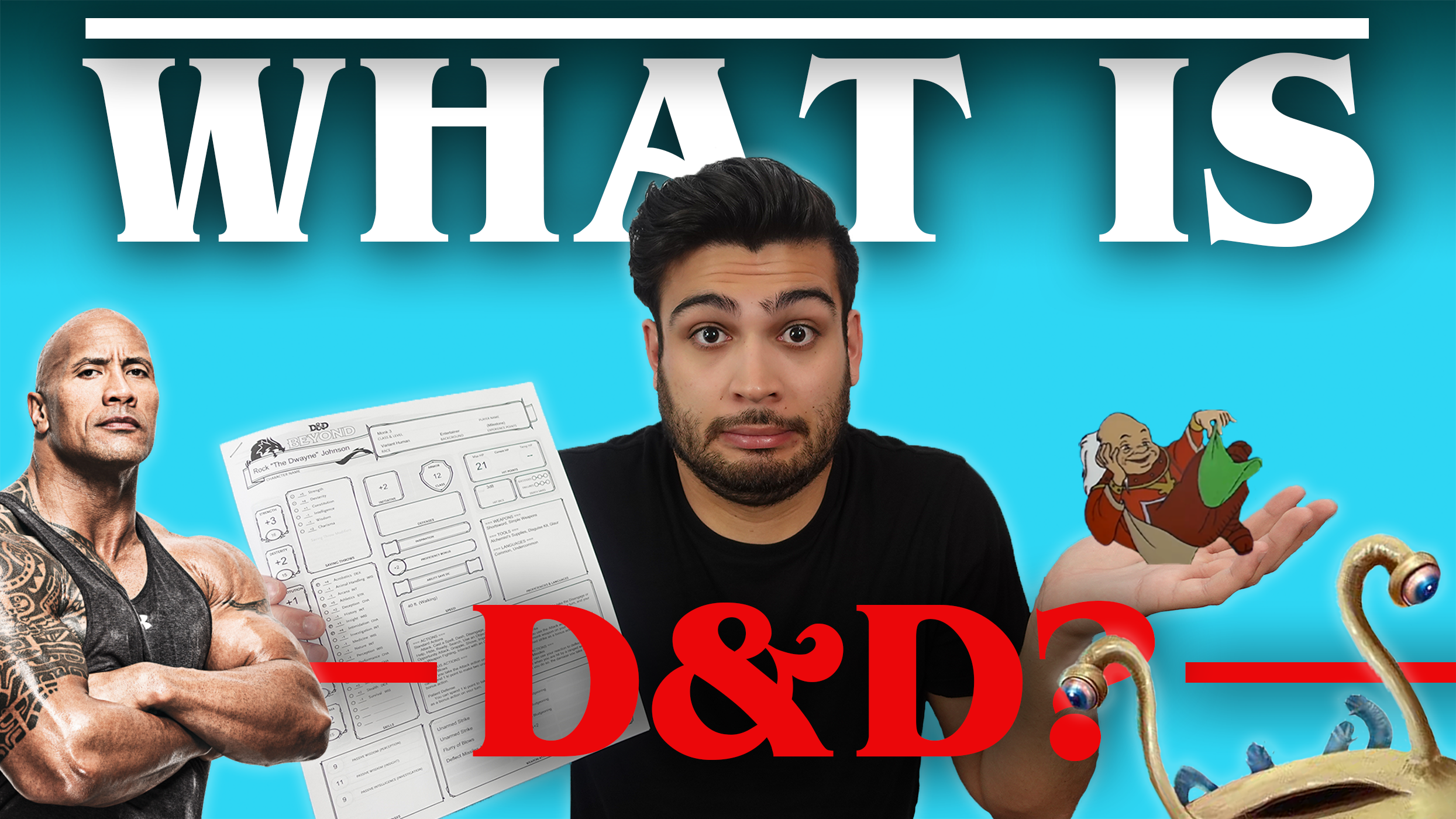What is the Rule of Cool?
Hang out with a Dungeons and Dragons group long enough, and you’ll probably pick up on some tabletop tropes—maybe even the legendary struggle between so-called “Rules Lawyers” and believers of the “Rule of Cool.” Rules Lawyers are often depicted as insufferable, know-it-all nerds with an encyclopedic knowledge of the game, always gleefully ready to pull out some obscure regulation that’s sure to spoil everyone’s fun. On the other hand, those who play by the proverbial Rule of Cool—that is, bending or even trashing certain rules in order to make things more fun, interesting, and/or triumphant—can be seen as sloppy, disorganized, or even just plain cringe.
These two caricatures are often portrayed as opposing forces engaged in an epic battle that has raged since time immemorial, but in my humble, bardic opinion, I’ve found the topic to be much more complicated than a 1v1 showdown. The debate between Rules Lawyers and the Rule of Cool isn’t an “either/or” or even an “us-versus-them” discussion, and for both players and DMs, either style can have both pros and cons.
Above all, D&D should be a fun, engaging, safe, and inclusive space for everyone at the table. So instead of throwing ourselves into one camp or another, let’s explore why both sides have their merits—and when we might want to use one philosophy over the other.
What Are The Types of Magic In D&D?
The world of Dungeons & Dragons is filled with magic; nearly all (9 out of 12) of the playable classes in Dungeons & Dragons (D&D) have access to some type of spellcasting. There are more than 350 spells in the Player’s Handbook alone! Each of these spells is organized into eight separate categories, or “schools” of magic with arcane-sounding names that can confuse new players. But with this handy guide, the next time your druid casts Detect Magic, and your Dungeon Master tells you that the cellar reeks of Conjuration magic, you’ll know exactly what they’re talking about.
How Do People Play Dungeons and Dragons? Let’s Explore Your Options.
As the world becomes increasingly digital, the ways in which all players, especially kids and teens, engage with these games has expanded beyond the traditional tabletop. This piece is meant to unveil a fraction of the plethora of methods for young adventurers to embark on epic quests, emphasizing online play while also delving into the enchanting realm of play-by-post. Whether you're a novice or a seasoned player, there's a mode of play waiting to whisk you away into a world of wonder.
Spellcasting 101: How D&D Spells Work, and How to Cast Them
It looks like the fine art of magic has caught your attention! Join us at our own school of witchraft and wizardry in this guide to all things spell-related from Dungeons & Dragons, 5th Edition.
D&D Ability Scores: Here’s Everything You Need to Know
Join us, adventurers, on a deep dive into the world of DND ability scores. We’ll earn what the 6 types of scores are, what makes a “good” score, and how to calculate them to build your character. Let’s go!
D&D Terms and Slang Every Beginner Should Know
We never want someone to get scared away from D&D just because they aren’t familiar with all the vocabulary words. So without further ado, here’s our glossary of 40 common Dungeons & Dragons terms we think every beginner should know.
What is Dungeons & Dragons? Here’s What You Need to Know About the Game.
Wondering if D&D is something that you (or your child) would be into? Trying to figure out the difference between a bard and a barbarian? Just finished binge watching the latest season of Stranger Things, and you’re ready to join a Hellfire Club of your own? Say no more. You’ve come to the right place.







